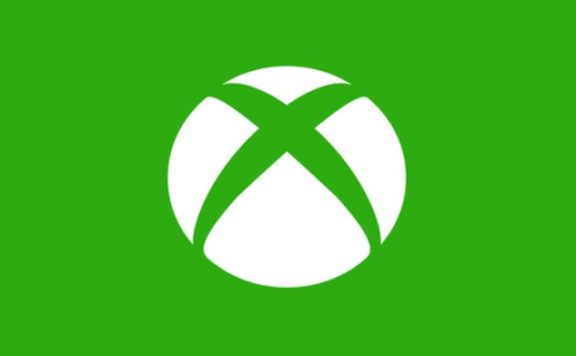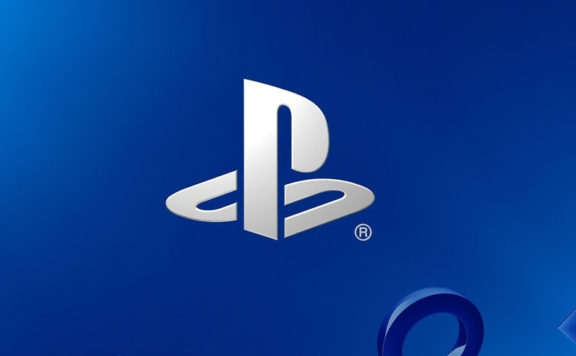As a result of the impact of the COVID-19 pandemic and shifts in company marketing approaches, the planners of the annual Electronic Entertainment Expo (E3) have formally chosen to delay the event. E3 holds great importance as a trade exhibition for the video game sector. At the same time, as for the online casino industry – everything is stable, as before Casino Mate Australia provides the best bonuses to its customers and provides access to the most popular entertainment.
According to Stanley Pierre-Louis, CEO of the Entertainment Software Association, the organizers of the event, mentioned to the Washington Post: “We recognize that the entire industry, from players to creators, is very excited about Evolution.” We both have a similar passion for it… We understand that bidding farewell to a cherished event can be challenging, but we have made this decision as we have found more effective ways to engage with our audience and business partners.
The expo was widely regarded as the paramount occasion in the video gaming industry for an extended period. Bringing together game publishers and developers annually since its inception in 1995, the Electronic Entertainment Expo (E3) displays the newest advancements in gaming technology and unveils fresh titles. Bringing together experts, fans, and reporters in a single location, the gathering fostered a sense of camaraderie within the gaming sector.
The fierce rivalry at the event motivated developers to elevate their performance and deliver cutting-edge material more swiftly in a bid to impress the audience. As a result, this accelerated progress in the gaming sector.
The downfall of E3 reflects the game industry’s growing shift in response to digitization, which is disheartening for enthusiasts who anticipated the celebrations annually. For some, the shutdown indicates that the sector must adapt to fulfill current requirements.
One example is the trend among game companies to hold livestreamed events with a large audience, such as Nintendo Directs, Sony State of Plays, Xbox Showcases, and The Game Awards.

The age of hybrid video games
The scrapping of E3 underscores the diminishing importance of face-to-face showcases in favor of virtual events and live streams. These digital platforms provide immediate worldwide exposure, increasing profits and appealing to a broader range of viewers.
With the expansion of virtual realms such as the metaverse, a decreasing number of individuals will likely participate in in-person gaming gatherings. Alternatively, enthusiasts might gather and engage in gaming within immersive environments, utilizing headsets.
Gaming companies are intrigued. Microsoft’s significant collaboration with Meta, revealed in 2022, demonstrates their enthusiasm for this innovative method of connecting and engaging with others.
Various major game developers, like PlayStation, Xbox, and Nintendo, have focused on creating their platforms for releasing games, like State of Play, apart from E3.
Video game content is now predominantly shared and promoted on streaming platforms such as YouTube, Twitch, and TikTok, leading to a decrease in the significance of significant gaming conventions like E3.
But, the special excitement that was created by E3’s annual gathering may be lost if in-person events become less common. The Electronic Entertainment Expo (E3) has long served as a crucial hub for major developers to attract attention and foster connections, whether it be through the surprise unveiling of iconic series like Metal Gear Solid, Final Fantasy, and Halo or the introduction of high-profile product releases like the Nintendo DS.
The subject of how smaller independent studios can stay well-known without depending heavily on streaming platforms has been raised in light of the extinction event that happened during E3. Internet conventions like BlizzCon remove physical barriers to participation and remove geographical borders, but they also pose the risk of weakening marketing campaigns for games that aren’t AAA blockbusters. AAA titles are video games created by large or medium-sized companies with a lot of money to spend on advertising.
A path to be traveled
The result of E3 confirms the gaming industry’s inevitable move towards direct, online, creator-to-consumer engagement, a pattern seen across almost all entertainment fields.
Initiative V, a unique Fortnite game, is in the works with the collaboration of five prominent gaming influencers as a part of the Fortnite Creative project, showcasing a prime illustration of this idea. The goal is to create the ultimate experience available on the platform.
This project utilizes the combined audience of these well-liked Roblox games, totaling 120 million players. Roblox users can merge their professional and personal lives in numerous ways, such as creating and marketing virtual experiences, gaining insights into business, engaging with a lively community, and organizing gatherings to boost their games. The project is supported by Epic Games’ latest strategy to allocate funds to writers.
Following the Electronic Entertainment Expo (E3) cancellation, a globally recognized gaming event has concluded. Nevertheless, with the advent of the digital era, this latest advancement also offers enhanced community involvement and game marketing opportunities. Businesses have the opportunity to transform their communication with announcements and events using online platforms, ensuring these interactions are interesting and available to all.
There are numerous methods for businesses to adjust to these evolving trends. One strategy is hosting virtual conferences rather than brief, crowded gatherings over an extended period.
This will allow individual games to receive more attention. One possible approach is to broaden the circles of influencers and content producers, as this may assist in uncovering fresh games. Furthermore, seeking to merge with the metaverse has the potential to generate virtual social interactions, even if individuals are situated in separate places.
The conclusion of E3 marks a significant change for both the gaming sector and gamers in general. With players shifting from in-person gaming events to online interactions, there is a growing demand to transition from 2D screens to immersive 3D or mixed-reality experiences.
As the sector explores this fresh landscape, it needs to find a harmony between the excitement of traditional gatherings and the integration of digital and immersive platforms – all while guaranteeing a variety of perspectives to thrive in a progressively virtual yet disjointed gaming environment.







